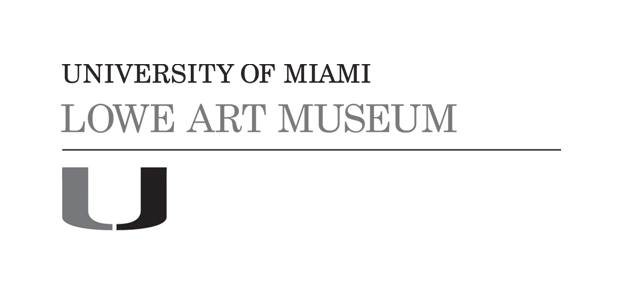Face Mask (Idiok Ekpo)
Artist/Maker
Ibibio people
(Nigeria)
Datenot dated
CultureIbibio
Mediumwood, pigment and encrustation
DimensionsOverall: 20 5/8 x 10 1/2 x 7 1/4 in. (52.4 x 26.7 x 18.4 cm)
ClassificationsCostumes and Accessories
Credit LineGift of Alan Potamkin
Terms
Object number2007.48.87
On View
Not on viewCollections












